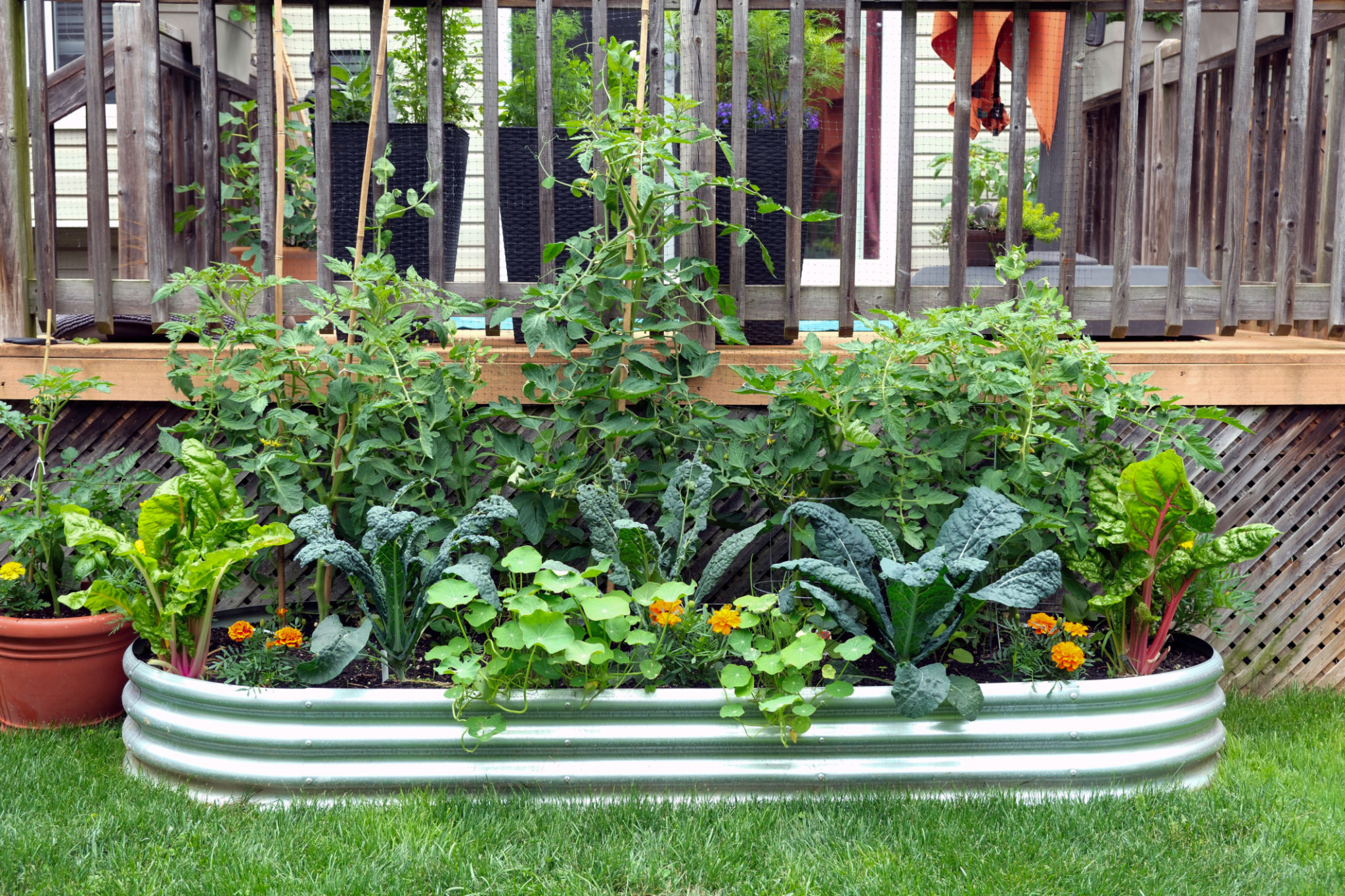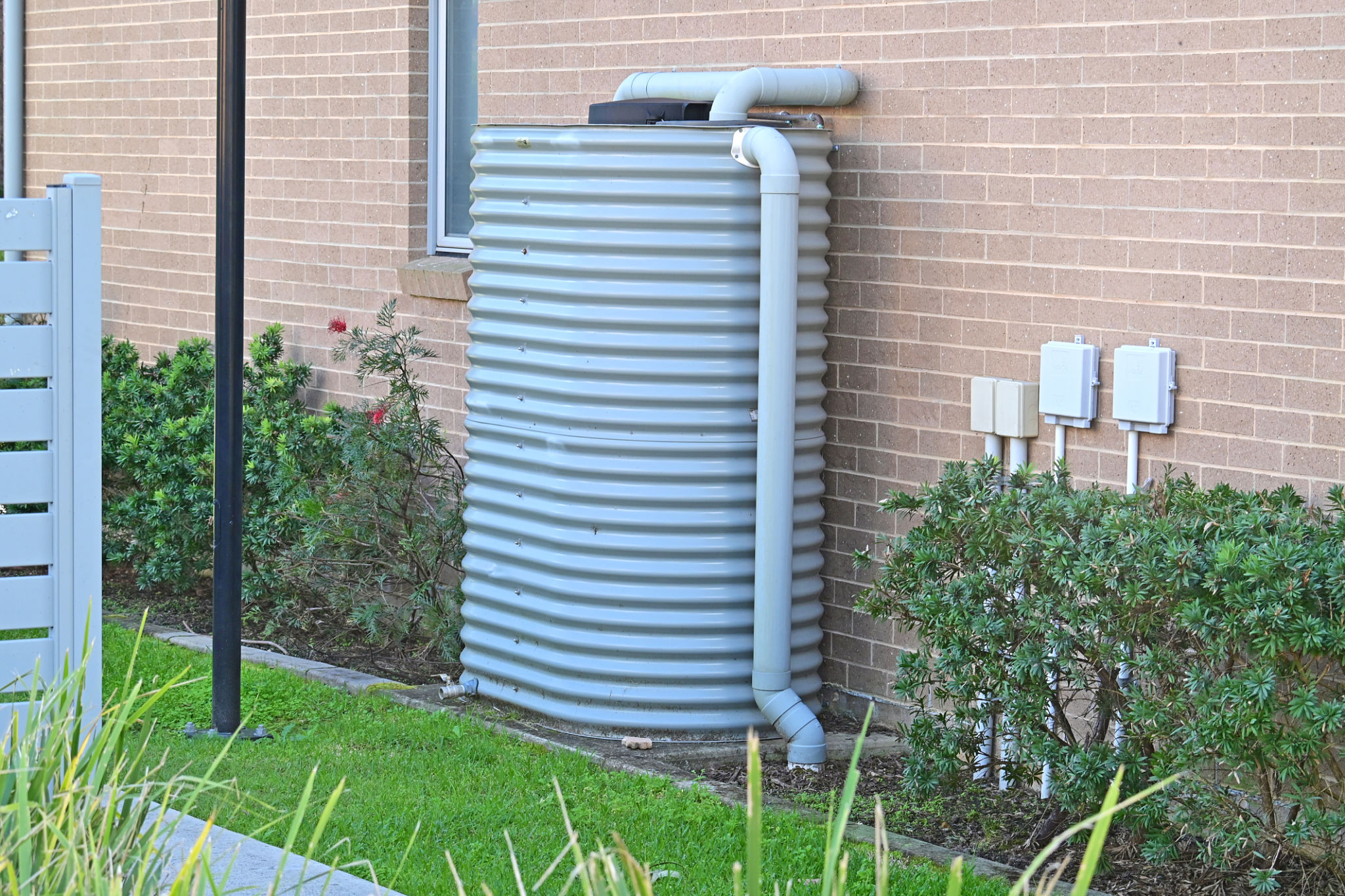The Ultimate Guide to Eco-Friendly Landscaping in Lancaster, PA
Incorporating eco-friendly practices into your landscaping can significantly impact the environment and your local community in Lancaster, PA. Whether you’re a homeowner looking to enhance your outdoor space or a business aiming for greener credentials, sustainable landscaping is a rewarding choice.

Understanding Eco-Friendly Landscaping
Eco-friendly landscaping, also known as sustainable or green landscaping, involves designing, creating, and maintaining your outdoor space in a way that reduces harm to the environment. It focuses on conserving resources, reducing waste, and promoting biodiversity. In Lancaster, this approach is increasingly popular due to its numerous benefits, including improved air quality and enhanced natural beauty.
The Benefits of Going Green
Lancaster’s unique climate and geography make it an ideal location for eco-friendly landscaping. By adopting sustainable practices, you can enjoy several benefits:
- Water Conservation: By using native plants and efficient irrigation systems, you can significantly reduce water usage.
- Cost Savings: Over time, eco-friendly landscaping can lower maintenance costs and energy bills.
- Increased Biodiversity: Native plants attract local wildlife, supporting a healthy ecosystem.

Choosing Native Plants
One of the simplest ways to create an eco-friendly landscape is by planting native species. These plants are adapted to the local climate and soil conditions, making them more resilient and requiring less maintenance. In Lancaster, consider incorporating plants like the Eastern Redbud, Black-eyed Susan, and Purple Coneflower.
How to Select the Right Plants
When selecting native plants, consider factors such as sunlight exposure, soil type, and water availability. Visiting local nurseries or consulting with local horticulturists can provide valuable insights into which plants will thrive in your specific area.
Implementing Water-Efficient Practices
Water-efficient landscaping is crucial in promoting sustainability. Start by installing a smart irrigation system that adjusts watering schedules based on weather conditions. Additionally, consider using rain barrels to collect rainwater for irrigation purposes.

Mulching and Soil Health
Mulching is another effective practice that contributes to water efficiency. By applying a layer of organic mulch around your plants, you can retain soil moisture, suppress weeds, and improve soil health. Opt for natural mulches like wood chips or straw to keep your landscape as eco-friendly as possible.
Incorporating Renewable Materials
Using renewable materials in your landscape design can further enhance its sustainability. Consider using recycled materials for pathways or opting for sustainably sourced wood for any structures or decks. This not only reduces environmental impact but also adds a unique aesthetic appeal to your outdoor space.
Maintaining Your Eco-Friendly Landscape
Proper maintenance is essential to ensure the long-term success of your eco-friendly landscape. Regularly prune plants to encourage healthy growth, monitor soil health, and keep an eye out for pests. Organic pest control methods can be used to manage any infestations without harming the environment.

Embracing eco-friendly landscaping in Lancaster, PA is not only beneficial for the environment but also for your property’s aesthetics and value. By following these guidelines and continuously learning about sustainable practices, you can create a beautiful, environmentally-conscious outdoor space that you can enjoy for years to come.
